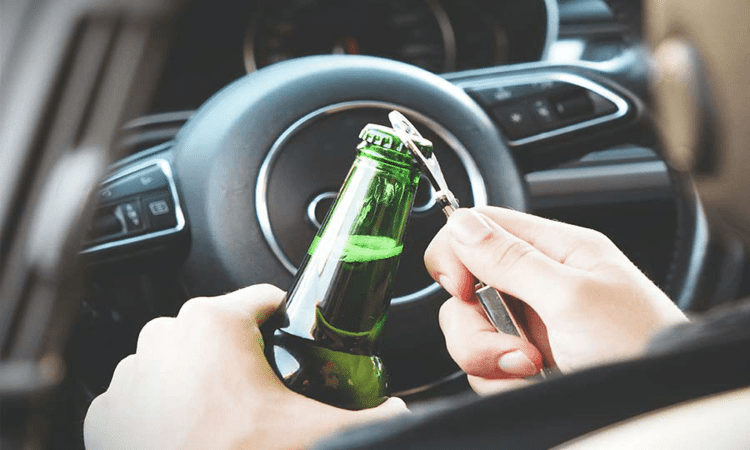
Life Is Stressful
Let’s be honest. Life can be incredibly hard. Every time you turn around, there’s a bill due. You complete a budget, swearing you’ll do better this month. Then you check your bank balance and find you’re overdrawn. Maybe someone you love gets sick, an important relationship breaks down, or you get let go. And then throw a global pandemic on top of all that? It’s enough to grind anyone down. There’s no question that stressors like these are real. They add up, and they can do significant damage to people.
We All Need To Relax
But it’s not whether or not the stressors exist that we’re worried about. If they didn’t exist, we wouldn’t be worried about them, would we? What most concerns us now is how we deal with the stressors now that they are here. It’s natural to want to get away for a bit, or to decompress. Everybody needs that every once in a while. What if you like to drink to relieve that stress? Is there anything really wrong with that? That’s not really the question at hand though. We shouldn’t think about it in terms of right and wrong. Not that that’s not important, but it might not be the most helpful.
Is Alcohol Helpful? Or Hurtful?
More productive use of our time and brainpower might be to ask whether alcohol is helping the rest of our lives or hurting the rest of our lives. Is alcohol helping your work performance? Are you showing up earlier, able to focus better, be completely present with your duties? Or do you find yourself habitually late? Bored, unable to think properly? If alcohol is increasing your productivity at work, then perhaps you don’t have a problem. But the more likely scenario is the opposite potentially leading into an alcohol use disorder (AUD).
Alcohol And Sleep
What about sleep? Alcohol can make us drowsy. It might even make it easier for us to fall asleep. But it actually prevents us from getting the quality of sleep that we need. However, alcohol disrupts our REM sleep cycles and keeps us from getting the amount of sleep we need. Consequently, we may be more inclined to drink more caffeine during the day. This further complicates our ability to sleep at night, which may lead us to alcohol to help us sleep. A cycle like this one can be difficult to break. The more often we drink, the more likely we are to develop insomnia. Even worse, alcohol can increase sleep apnea by 25%. If alcohol is negatively impacting your sleep in any way, or if you’re using alcohol to help you sleep, that could be a warning sign of alcoholism.
Deceit and Hiding
Another way to tell if you are an alcoholic is how truthful you are about your drinking habits. When someone close to you asks about your drinking – do you tell the truth? Are you open and honest about how much and how many? If you leave home to drink, can you be forthcoming when asked about where you have been? Or perhaps you have a favorite hiding place for your drink of choice. If you are hiding, lying, or practicing deceit to cover your drinking – you have a problem with alcohol.
Can You Tell if Someone is an Alcoholic? Don’t Guess…
If you or someone you love is struggling with alcoholism, call Harmony Healing Center now at 848-253-6065.
